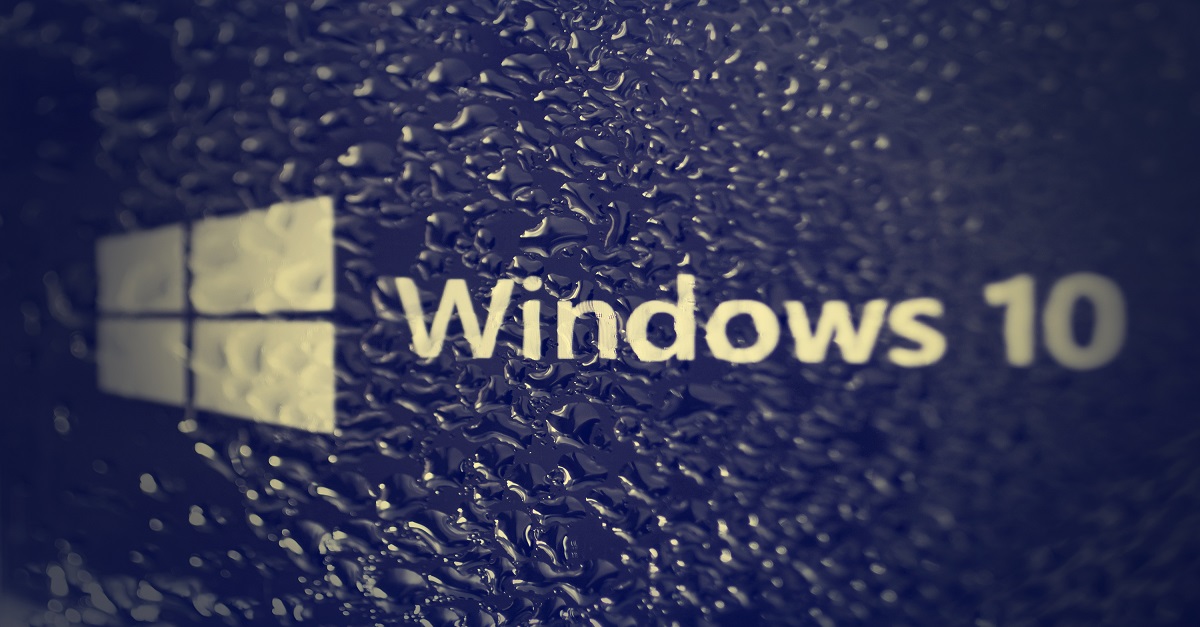
There’s been a good amount of privacy freak-out over Windows 10.
Concerns have been sparked by things such as the Wi-Fi password sharing feature and the fact that Windows 10 by default shares a lot of your personal information – contacts, calendar details, text and touch input, location data, and what Ars Technica calls “a whole lot more” – with Microsoft’s servers.
Of late, that paranoia has spiked over the notion that Microsoft plans to keep people from running conterfeit software.
The notion came out of Microsoft’s new Windows 10 update procedures, which, coupled with the company’s Services Agreement, could allow Redmond to block pirated content and unauthorized hardware and reach right out and wipe torrents clean off of people’s hard drives.
Fear spread that, in the words of one report, “Microsoft has practically baked DRM [digital rights management] into the core of Windows 10”.
Cooler heads pointed out that this a) wasn’t new, seeing that the new service agreement was published on 4 June and took effect 1 August, and b) is simply wrong, since the service agreement applies to services, not to Windows 10 – specifically, it looks like it applies only to services provided directly from Microsoft, including Xbox, Xbox Live and Microsoft’s Windows Games.
In other words, Microsoft can’t disable a copy of a third-party software installed on your hard drive.
Such clarifications haven’t stopped the paranoia about a piracy kill switch.
It’s gotten to the point where, as TorrentFreak reports, some smaller pirate sites have become so concerned that Windows 10 systems will phone home with too many hints about their users, that the sites’ administrators have started blocking Windows users from the BitTorrent trackers hosted on their sites.
One of those sites, iTS, released a statement which referred to Windows 10’s “outrageous privacy violations”, which, it says, include…
[sending] the contents of your local disks directly to one of their servers.
“Obviously,” the administrators continue, “this goes way too far and is a serious threat to sites like ours which is why we had to take measures.”
Thus, since Thursday, Windows 10 has officially been banned from iTS until “special versions” surface that undo this purported privacy wreckage.
The statement also references what iTS calls “one of the largest anti-piracy companies”, MarkMonitor.
That actually turns out to be a company that Microsoft has worked with for years in areas such as the monitoring of phishing attacks.
Other torrent tracking sites are considering following in the footsteps of iTS, including BB and FSC – all of these being smaller pirate sites found on the dark web, as opposed to larger, well-known sites such as The Pirate Bay.
TorrentFreak quotes a statement from BB to its users:
We have also found [Windows 10] will be gathering information on users’ P2P use to be shared with anti-piracy groups.
What's particularly nasty is that apparently it sends the results of local(!!) searches to a well known anti-piracy company directly, so as soon as you have one known p2p or scene release on your local disk … BAM!
And similar warnings have gone out from FSC to its users:
As we all know, Microsoft recently released Windows 10. You as a member should know, that we as a site are thinking about banning the OS from FSC. That would mean you cannot use the site with the OS installed.
Is there anything to back up this level of fear?
As Ars Technica notes, Windows 10 does in fact step up the data collection compared with earlier Windows iterations, due in large part to extra services such as the digital assistant Cortana.
Such new services use more data and consequently bloat up the service and privacy agreements with far more verbiage, as Microsoft presumably tries to keep itself out of a Google-esque spot of trouble over unclear privacy policy.
But it seems that convenience is the only thing that might keep users locked into this mainlining of data back to Microsoft’s servers.
You can keep much of your privacy – and your personal data along with it – on your PC, if you have the fortitude to flip quite a few toggles during installation.
As TorrentFreak notes, educating users about how to configure the new OS for optimized privacy, as Ars has done, might be a tad more helpful than barring the gates against Windows 10 users.
True, if the piracy sites’ gates are barred, Windows 10 users might be that much less inclined to avail themselves of pirated games, software or other content that could harbor dangerous malware.
But beyond leaving users to the mercy of the moat alligators, barring the gates just doesn’t do much to illuminate just what privacy threats are swimming around in those waters or how to properly wrestle with them.
Image of Windows 10 courtesy of Anton Watman / Shutterstock.com.
